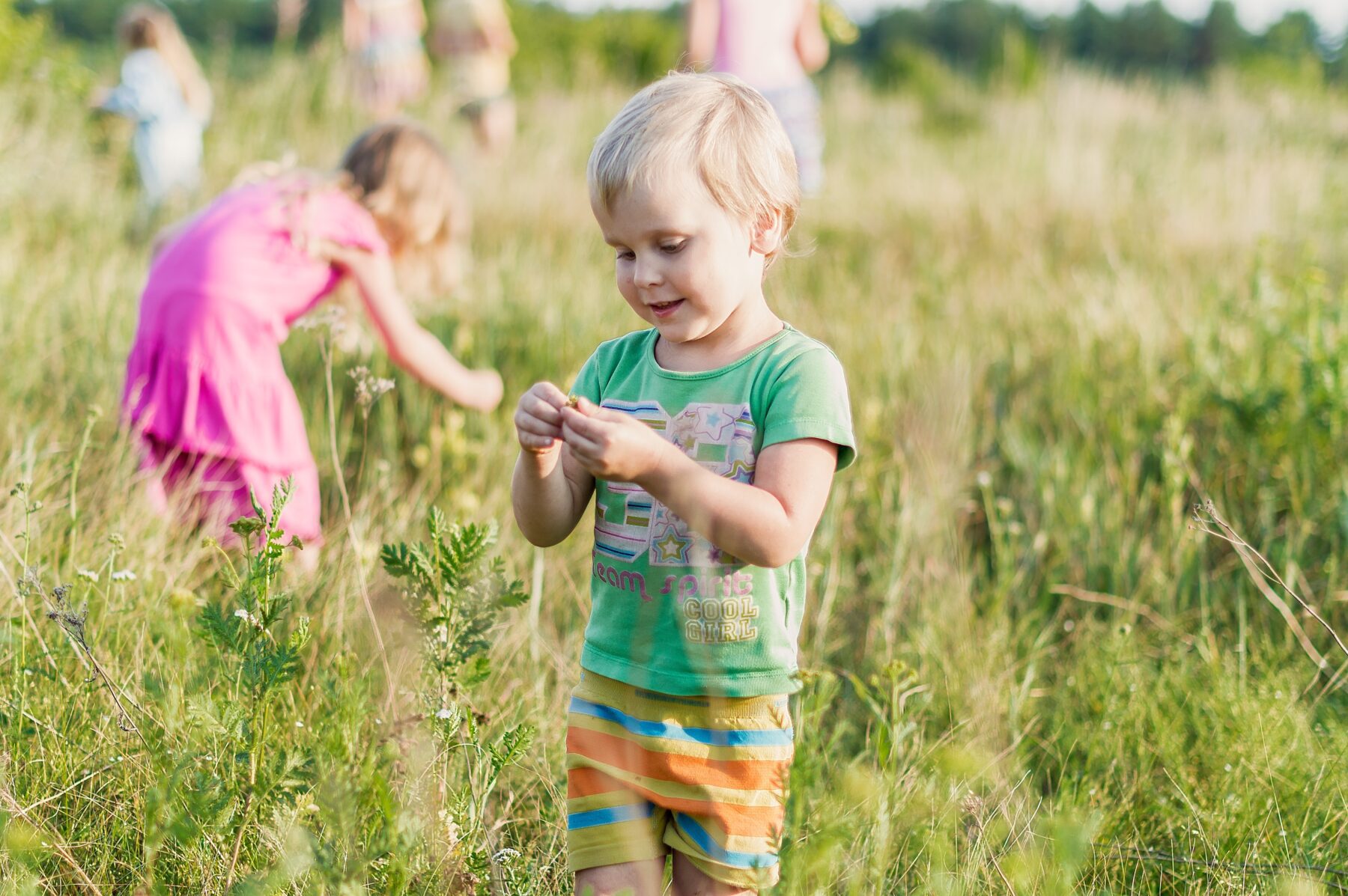Spending more time outdoors is one of the best things to come out of the pandemic we’ve been dealing with over the last year and a half. And if you aren’t already aware of just how big the trend has become, let me just give you a few facts based on my experience.
Fact #1: I’ve been gardening all my life. Literally. But until last summer I never had trouble finding canning supplies.
Fact #2: It was almost impossible to buy a bicycle for my grandson.
Fact #3: You could see and hear children playing outdoors every single day.
Fact #4: Reserving a campsite became a lot more difficult.
You may already know these things. But do you also know that each of the things I just mentioned along with oodles of others are excellent ways to create and enjoy outdoor classrooms?
That’s right—no matter how young or old your students are you can (and should) incorporate nature into your homeschooling curriculum. Don’t let yourself be limited to what is listed, though. Use your imagination and run with it!
The following lists include projects and activities that Root & Vine News readers can include in science, math, PE, geography, history, and language arts. Share your stories and pictures with us while engaging your students outdoors!
Preschool
Sensory stations: mud, gravel, sand, dirt, grass, twigs/sticks, water.
Scavenger hunt for simple outdoor things: bug, leaf, grass, flower, rock, pinecone, feather
Walk through the neighborhood and count the houses, swing sets, identify different colors, houses with flags.
Plant flowers or veggies in a raised bed, containers, or in the ground.
Teach your preschooler how to identify harmful bugs (bees, mosquitos, etc.).
Put up bird feeders—some they make would be nice—and let them observe the birds eating.
Visit the zoo or wildlife refuge to learn about animals.
Early elementary (Grades K-Grade 3)
Sensory stations like the ones listed under the preschool section are great for kids this age, too.
Scavenger hunts to identify types of trees, plants, and flowers according to what is indigenous to your area.
Use the outdoors for hiking, biking, skating, swimming, and other recreational activities that can be considered PE class.
Plant and care for a small flower or vegetable garden. This should include weeding, watering, and harvesting.
Use flowers and leaves to make dyes and paints for a t-shirt, gather flowers to press for bookmarks or pictures.
Visit local farms to learn about the work that goes into producing the food we eat.
Record and forecast the weather based on cloud formations, atmospheric pressure, and old wives tales.
Learn about fire safety, how to cook over an open fire (hot dogs, s’mores, foil packs).
Sleep outdoors in a tent—even if it’s in the backyard. Watch for falling stars.
Sit around a campfire and tell stories—using Mad Libs is fun.
Upper Elementary and Middle schools (Grades 4-6)
- PE class can include skating, biking, fishing, running, hiking, obstacle courses you make at home or using the playground equipment at the park, swimming, canoeing!
- Help prepare the ground, raised beds, or containers for a garden. Then allow them to plant, tend, and harvest what they plant.
- Teach fire safety skills, how to pitch a tent (and sleep in it), how to use a compass, and basic first aid for outdoor injuries.
- Chart and forecast the weather based on cloud formations, atmospheric pressure, and old wives tales.
- Scavenger hunts are always fun. You can focus on science by doing one based on plants and animals or do one to incorporate math skills. You can do this by:
- Counting the houses in the neighborhood
- Figuring percentages of single and two-story houses
- Determining the direction the houses on various streets are facing
- Making a chart or graph outlining the houses which are smaller, bigger, or the same size as yours (or other criteria)
- Dividing houses into groups according to things such as:
- Houses with fences vs. no fence
- Houses with open garage doors vs. closed
- Houses with landscaping vs. little or none
Spend the night outdoors and spend time learning the basic constellations.
Enjoy learning outdoor skills such as making and cooking over an open fire (hotdogs, s’mores, foil packets, stew/soup).
Searching for and identifying animal tracks in the woods.
Visit local farms and interview farmers about their business.
Collect trash along the street or in the park (wear gloves).
Visit local cemeteries to pay tribute to key historical figures in your area and/or veterans who are buried there.
Visit a landfill to learn about how to better care for the land.
Junior High and High School
Teach important life skills like how to mow grass, how to use a weed eater, fire safety, landscaping skills, and how to use hand and power tools.
Identifying toxic plants such as poison ivy, along with the differences between poisonous snakes and insects is important.
Volunteering or working on a farm or for elderly individuals needing help with their lawn and garden teaches social skills, work ethic, time management, and if paid, money management skills.
Gardening is a great idea for every age.
Learn the difference between perennials and annuals and how to identify different weeds, grasses, trees, and plants indigenous to your area.
Collect and compare water and soil samples.
Visit key landmarks in your area and write a brief history about them.
Host an outdoor picnic/party for a few friends. Require your student to set up, clean up, and prepare food and games for the event.
Start and maintain a compost bin.
Collect trash (use gloves) around the neighborhood, a local park, or other public area.
Are you inspired? Great! Now get outside and have fun teaching and learning!
Talking to a trusted friend—that’s how you feel when you read anything by Darla Noble. Darla has been writing inspirational and historical nonfiction for almost thirty years, and is known around the world for using wit, wisdom, and her deep faith in God to encourage, challenge, and motivate us to be our best selves. Her work can be found at http://www.dnoblewrites.com.





 Copyright
2024
Root and Vine
Copyright
2024
Root and Vine